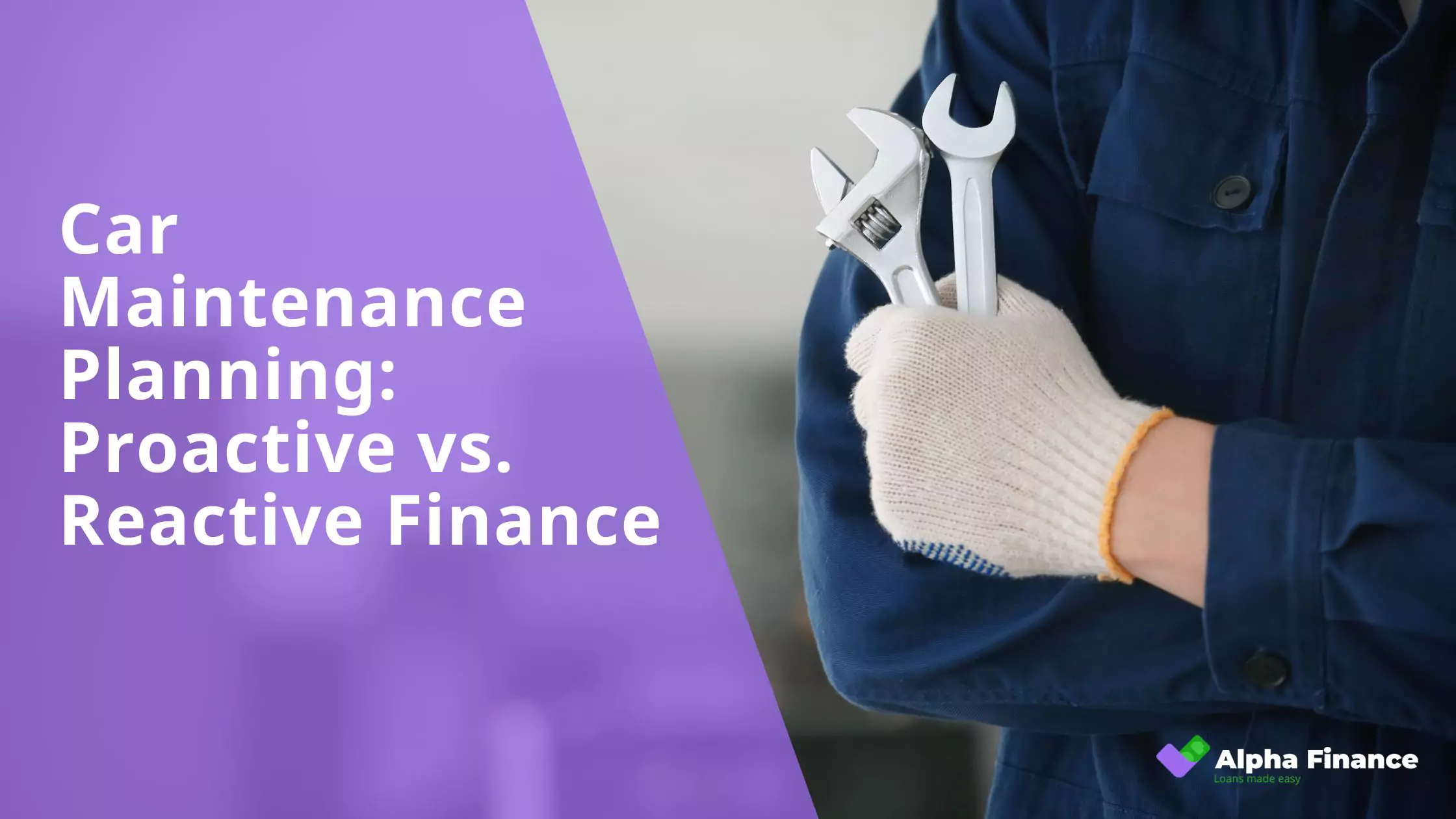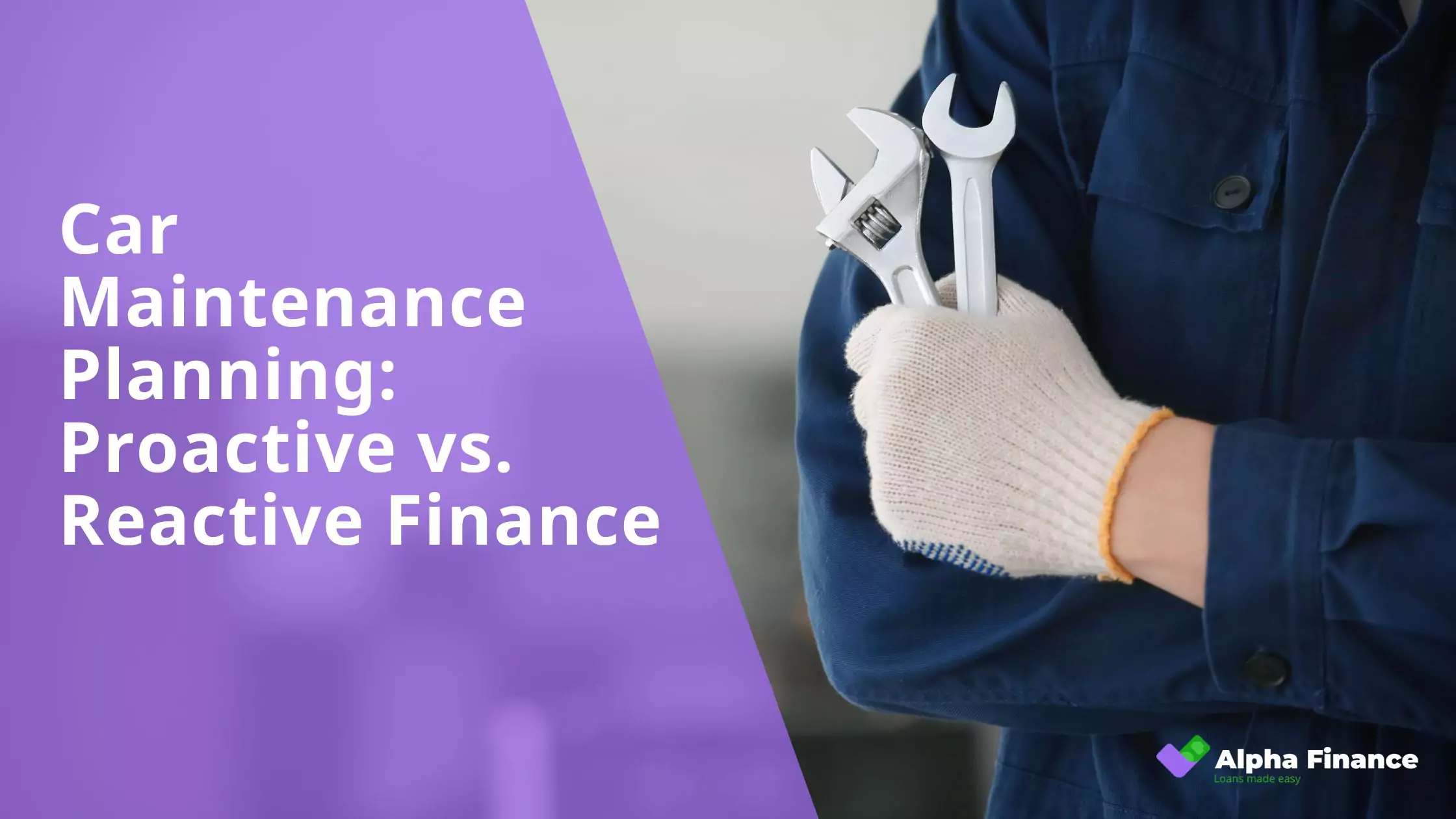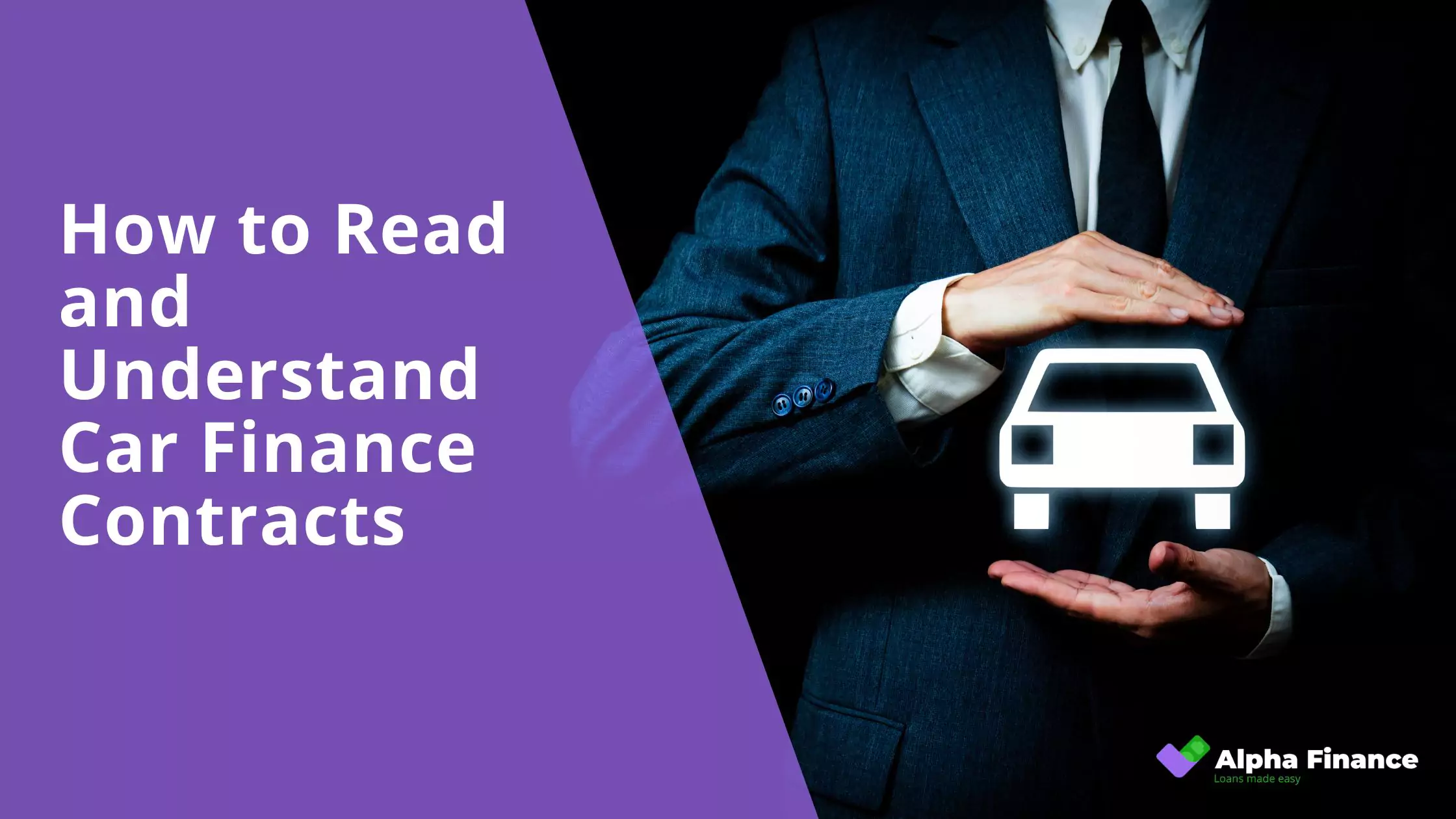Purchasing a car represents a substantial financial commitment, often ranking as one of the most significant expenditures after housing. Whether you’re considering paying outright or exploring options to get a car loan, it’s crucial to approach this decision thoughtfully, ensuring it aligns seamlessly with your broader financial landscape and doesn’t derail your long-term financial goals.
This guide aims to provide clarity on the key financial considerations and life stages when prioritising a car purchase makes sound financial sense, ensuring it’s a strategic move rather than an impulsive one.
Assessing Your Needs vs. Wants
Before even considering financing or browsing models, it’s vital to honestly evaluate whether a car purchase stems from a genuine need or a desire:
-
Genuine Need: This arises from fundamental requirements for transportation that directly impact your daily life and responsibilities. Consider these scenarios:
- Commuting for Work:
- Limited or Non-Existent Public Transport: If your workplace is located in an area poorly served by buses, trains, or trams, or if the travel time via public transport is excessively long and impractical (e.g., significantly cutting into your work-life balance).
- Irregular or Unreliable Schedules: When public transport schedules don’t align with your work hours, especially for early starts, late finishes, or shift work.
- Safety Concerns: If using public transport in your area involves legitimate safety risks, particularly during off-peak hours.
- Family Needs:
- Transporting Children: Safely and efficiently getting children to school, extracurricular activities, medical appointments, and social events, especially if these locations are geographically spread out.
- Grocery Shopping and Errands: Facilitating the transport of groceries, household supplies, and running essential errands, particularly if you need to carry large or heavy items frequently.
- Caring for Elderly or Dependent Relatives: Providing reliable transportation for visits, medical appointments, or other needs of family members who may have mobility issues.
- Specific Job Requirements:
- Client Visits or Sales Roles: If your job necessitates regular travel to meet clients at various locations.
- Deliveries or Field Service: Roles that require transporting goods, equipment, or providing services at different sites.
- Working in Multiple Locations: If your job involves working across several offices or sites that are not easily accessible by public transport.
- Rural or Remote Living:
- Limited Infrastructure: In areas with sparse public transport options and significant distances between essential services (grocery stores, medical facilities, etc.).
- Emergency Preparedness: Having a reliable vehicle for accessing help or evacuating in emergency situations.
- Commuting for Work:
-
Desire: This category encompasses the inclination towards a specific type or model of car that goes beyond basic transportation needs. While fulfilling desires can be enjoyable, it’s crucial to recognise their financial implications:
- Newer Model Year: Wanting the latest features, styling, or technology, even if your current functional vehicle still meets your basic transportation needs.
- Specific Brand or Luxury Features: Aspiring to own a particular brand known for its prestige, performance, or advanced amenities (leather seats, premium sound system, sunroof, etc.).
- Larger or More Powerful Vehicle: Desiring a bigger SUV or a car with a more powerful engine, even if your typical usage doesn’t require the extra space or performance.
- Aesthetic Preferences: Choosing a car primarily based on its colour, design, or perceived status.
-
Prioritising Needs: When your financial resources are limited or you’re working towards specific financial goals, addressing genuine transportation needs should be the priority. Opting for a reliable and fuel-efficient vehicle that meets your essential requirements, even if it’s not the newest or fanciest model, is often the most financially prudent approach.
Evaluating Your Current Financial Situation
Before committing to a car purchase, meticulously assess your financial health using the following points:
-
Income Stability:
- Employment Security: How stable is your current employment? Are there any foreseeable risks of job loss or income reduction?
- Income Consistency: Is your income regular and predictable, or does it fluctuate significantly?
- Multiple Income Streams: Do you have other reliable sources of income that can contribute to car expenses?
- Future Income Potential: Are there anticipated increases in your income that could make car ownership more comfortable in the future?
-
Existing Debt:
- Total Debt Amount: What is the total outstanding balance across all your debts (excluding mortgage, if applicable)?
- Interest Rates: What are the interest rates on your existing debts? High-interest debt should ideally be addressed before taking on more.
- Monthly Debt Payments: What is the total amount you currently pay towards your debts each month? A high debt-to-income ratio can make it difficult to afford a car.
-
Monthly Budget:
- Detailed Expense Tracking: Do you have a clear understanding of your current monthly expenses (housing, utilities, food, entertainment, etc.)?
- Affordability of Car Payments: Based on your budget, what is a realistic monthly car payment you can comfortably afford without sacrificing essential spending or financial goals?
- Insurance Costs: Have you obtained quotes for car insurance, considering factors like your driving history, the car model, and your location? Insurance premiums can vary significantly.
- Fuel Costs: Estimate your monthly fuel expenses based on your typical driving habits and current fuel prices.
- Maintenance and Repair Costs: Have you factored in a budget for regular servicing, potential repairs, and tyre replacements? New cars may have lower initial maintenance, but all vehicles require upkeep.
- Registration and Other Fees: Don’t forget annual registration fees and potential toll costs.
-
Emergency Fund:
- Fund Size: Do you have an emergency fund that can cover at least 3-6 months of essential living expenses?
- Accessibility: Is your emergency fund easily accessible in cash or highly liquid accounts?
- Prioritisation: Have you fully established a healthy emergency fund before considering a car loan or significant cash outlay for a vehicle? This protects you from financial shocks related to the car or other life events.
The Savings Factor: Avoiding Debt Where Possible
Strategically leveraging your savings can significantly impact the financial implications of a car purchase:
-
Down Payment:
- Reducing the Loan Principal: A larger down payment directly shrinks the amount of money you need to borrow. This means lower monthly payments, making the car more affordable within your budget.
- Minimising Interest Paid: Interest accrues on the principal loan amount. By reducing the principal upfront, you significantly decrease the total interest you’ll pay over the loan’s term, potentially saving you hundreds or even thousands of dollars.
- Securing Better Loan Terms: Lenders often view borrowers with larger down payments as lower risk. This can translate to more favourable loan terms, such as lower interest rates and potentially shorter loan durations.
- Avoiding Negative Equity: A substantial down payment helps you avoid “negative equity,” a situation where you owe more on the car than it’s worth. This is particularly important in the initial years of ownership when depreciation is typically highest.
-
Full Purchase with Savings:
- Eliminating Interest Charges: Paying for the car entirely with savings means you avoid all interest payments associated with a loan, resulting in the lowest possible total cost of ownership (excluding running costs).
- Simplified Budgeting: Without monthly car loan repayments, your monthly budget becomes simpler and more flexible, freeing up funds for other financial goals or discretionary spending.
- Increased Financial Freedom: Owning the car outright provides a greater sense of financial freedom and reduces your monthly financial obligations.
- Potential for Better Insurance Rates: In some cases, not having a loan tied to the vehicle might offer slightly better insurance rates, although this is not always the case.
-
Opportunity Cost:
- Investment Potential: Consider the potential returns your savings could generate if invested in stocks, bonds, or other assets over the same period you’d be paying off a car loan. The difference in these returns represents the opportunity cost of using your savings for the car.
- Other Financial Goals: Evaluate whether using your savings for a car would delay or hinder your progress towards other important financial goals, such as a down payment on a house, funding your children’s education, or securing your retirement.
- Emergency Fund Impact: Ensure that using a significant portion of your savings for a car doesn’t deplete your emergency fund to an unsafe level. Maintaining a healthy emergency fund is crucial for financial security.
When a Car Purchase Might Be a Priority (Financially Sound Reasons)
While avoiding unnecessary debt is generally wise, there are specific situations where prioritising a car purchase can be a financially sound decision:
-
Reliable Transportation is Essential for Income:
- Frequent Breakdowns of Current Vehicle: If your current car requires constant and costly repairs, the cumulative expense might soon outweigh the cost of a more reliable replacement.
- Risk of Job Loss: If the unreliability of your car directly threatens your ability to get to work and maintain your income.
- Increased Earning Potential: If a more reliable vehicle enables you to take on new job opportunities or expand your business reach.
-
Safety Concerns:
- Lack of Essential Safety Features: If your current car lacks crucial safety features like airbags, ABS, or electronic stability control, upgrading to a vehicle with these features can be a prudent financial decision to protect yourself and your family.
- Significant Structural Damage: If your current vehicle has been in a major accident and has underlying structural issues that compromise its safety.
- Poor Maintenance History: If the previous owner neglected maintenance, leading to potential safety hazards.
-
Significant Cost Savings in the Long Run:
- Higher Fuel Efficiency: Replacing a gas-guzzling vehicle with a more fuel-efficient one can lead to substantial savings on fuel costs over the years, especially with rising fuel prices. Calculate the potential fuel savings against the cost of the new vehicle.
- Lower Maintenance Costs (Potentially): While not always guaranteed, a newer, more reliable car might have lower maintenance costs compared to an aging vehicle prone to breakdowns. Consider the repair history of your current car.
- Tax Incentives or Rebates: In some regions, there might be tax incentives or rebates for purchasing fuel-efficient or electric vehicles.
-
Integrating into a Well-Thought-Out Financial Plan:
- Dedicated Savings: You have been diligently saving specifically for a car purchase and have allocated funds within your financial plan.
- Low Debt-to-Income Ratio: Your existing debt levels are low, and you can comfortably absorb the additional car expenses without straining your budget.
- Comprehensive Budgeting: You have a detailed budget that accounts for all car-related costs (loan payments, insurance, fuel, maintenance, registration) without compromising other essential spending or financial goals.
- Long-Term Financial Goals Alignment: The car purchase aligns with your long-term financial goals and doesn’t significantly hinder your progress towards them.
When to Delay or Reconsider a Car Purchase (Financial Warning Signs):
Recognising the financial red flags can help you avoid making a car purchase that could negatively impact your financial well-being:
-
High Existing Debt: If you’re already carrying significant debt from credit cards, personal loans, student loans, or other obligations, taking on a car loan will further increase your debt burden and monthly payments. This can lead to financial strain, making it harder to manage your existing debts and potentially impacting your credit score.
-
Unstable Income: Job insecurity, fluctuating income due to freelance work or commission-based roles, or any uncertainty about your future earnings makes committing to fixed monthly car payments a significant financial risk. Losing your income or experiencing a substantial decrease could make it difficult to meet your loan obligations.
-
Little to No Savings: Financing a car with little to no down payment means you’ll be borrowing the entire purchase price, leading to higher monthly payments and more interest paid over the life of the loan. Similarly, proceeding without a solid emergency fund leaves you financially vulnerable to unexpected car repairs or other life emergencies.
-
Stretching Your Budget Too Thin: If the projected car payments, insurance premiums, fuel costs, and maintenance expenses force you to drastically cut back on essential spending (groceries, housing, healthcare) or significantly reduce your savings contributions for other important financial goals (retirement, education), then a car purchase is likely not a current financial priority.
-
Impulse Buying or Emotional Decision: Prioritising a car purchase based on a fleeting desire for a new or fancier model, rather than a genuine need and a thorough assessment of your financial readiness, can lead to buyer’s remorse and long-term financial regret. Avoid making emotional decisions driven by advertising or peer pressure.
Making the Decision: A Financial Checklist:
Before committing to a car purchase, honestly answer the following questions:
- Have you clearly defined your need for a car? (Is it a genuine necessity or a strong desire?)
- Is your income stable and secure? (Do you have confidence in your ability to maintain your current income level?)
- Do you have a comfortable level of existing debt? (Are your current debt payments manageable without significant strain?)
- Does your budget comfortably accommodate all car-related expenses? (Can you afford the monthly payments, insurance, fuel, and maintenance without sacrificing essentials or savings goals?)
- Do you have a healthy emergency fund in place? (Do you have 3-6 months of living expenses saved in an easily accessible account?)
- Do you have a significant down payment saved (or funds for a full purchase)? (Are you minimising the amount you need to borrow?)
- Does this purchase align with your long-term financial goals? (Will this car purchase help or hinder your progress towards your broader financial objectives?)
If you answer “no” or “unsure” to several of these questions, it’s a strong indication that delaying or reconsidering your car purchase might be the more financially prudent decision at this time.
Conclusion: Drive Towards Financial Well-being
Ultimately, purchasing a car should be a carefully considered financial decision, firmly rooted in a realistic assessment of your needs and a thorough evaluation of your financial situation, rather than solely driven by emotion or desire. Prioritising your overall financial well-being is paramount. Before committing to this significant expense, take the time to honestly answer the checklist questions and ensure the purchase aligns with your broader financial goals and doesn’t jeopardise your financial security. If you’re feeling uncertain or need personalised guidance, seeking advice from a qualified financial planner can provide valuable insights and help you make the most informed decision.
Car Finance: Your Path to Ownership
If you’ve carefully considered your financial situation and determined that a car purchase is a current priority, exploring suitable financing options can help make your goal a reality. Understanding the different types of car loans, interest rates, and repayment terms is crucial to making an informed choice that fits your budget. Alpha Finance offers a range of car finance solutions designed to help you navigate the path to ownership with transparent and competitive options. Explore your car finance possibilities and take the next step towards getting behind the wheel with Alpha Finance today.




